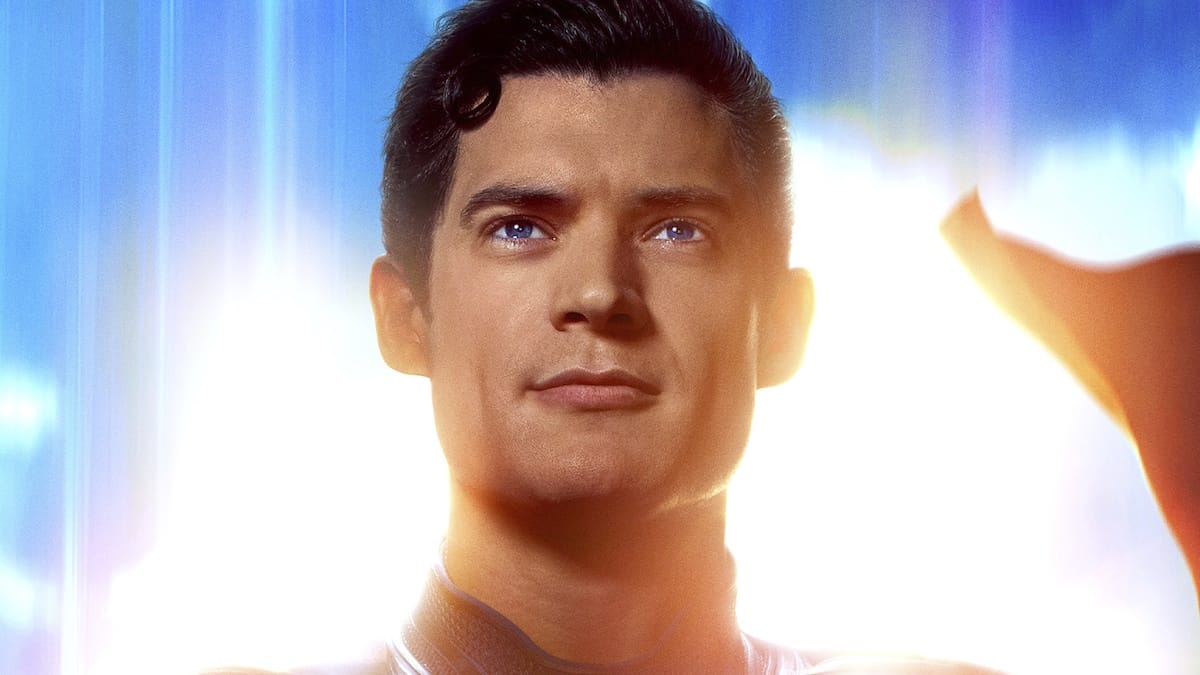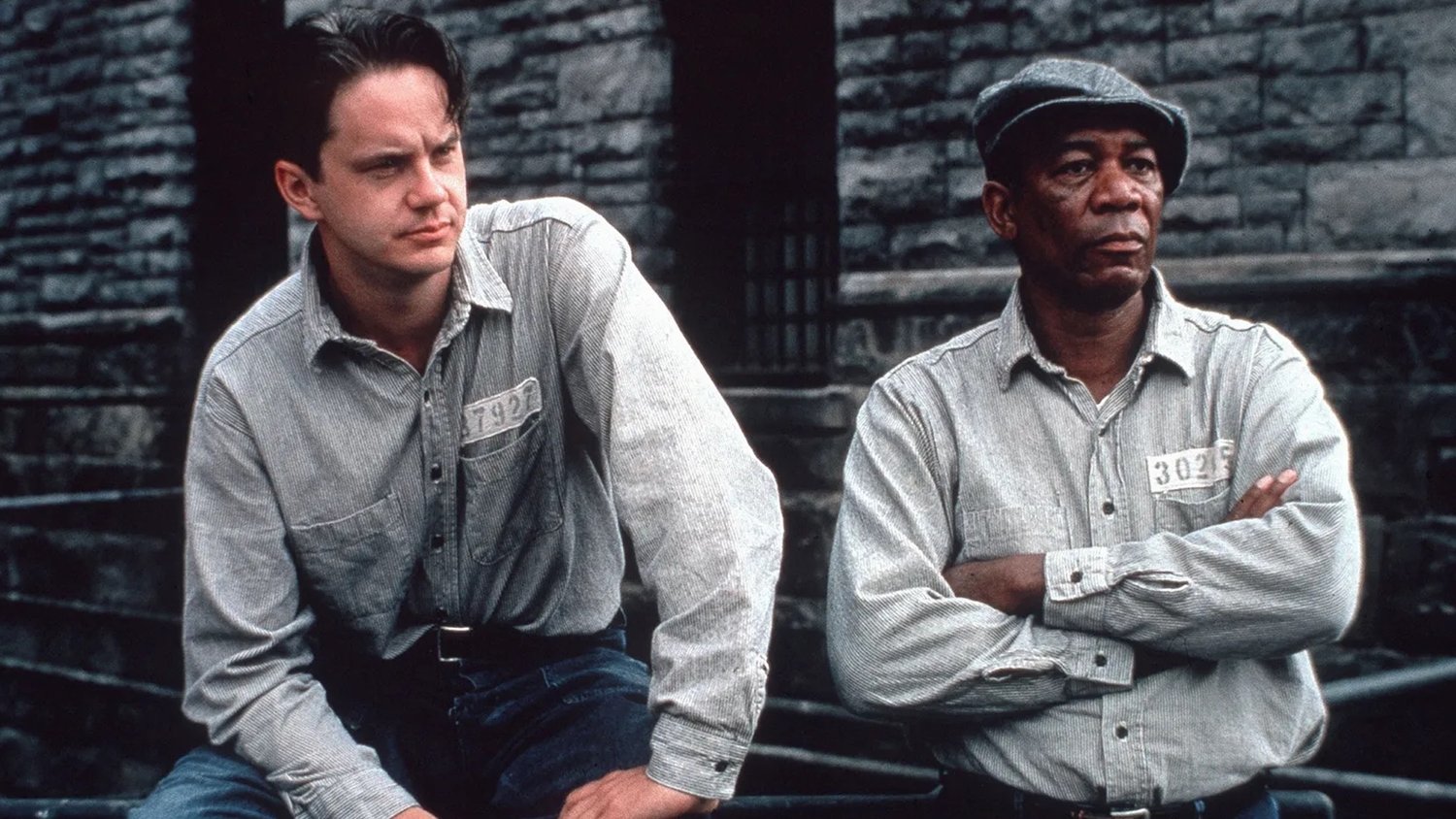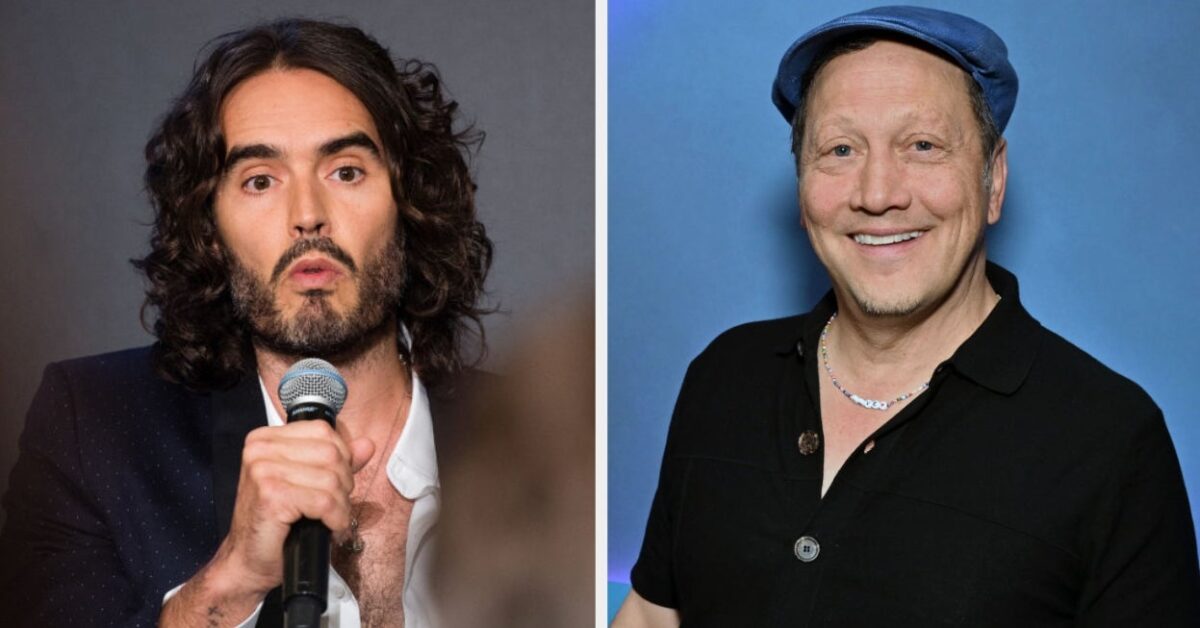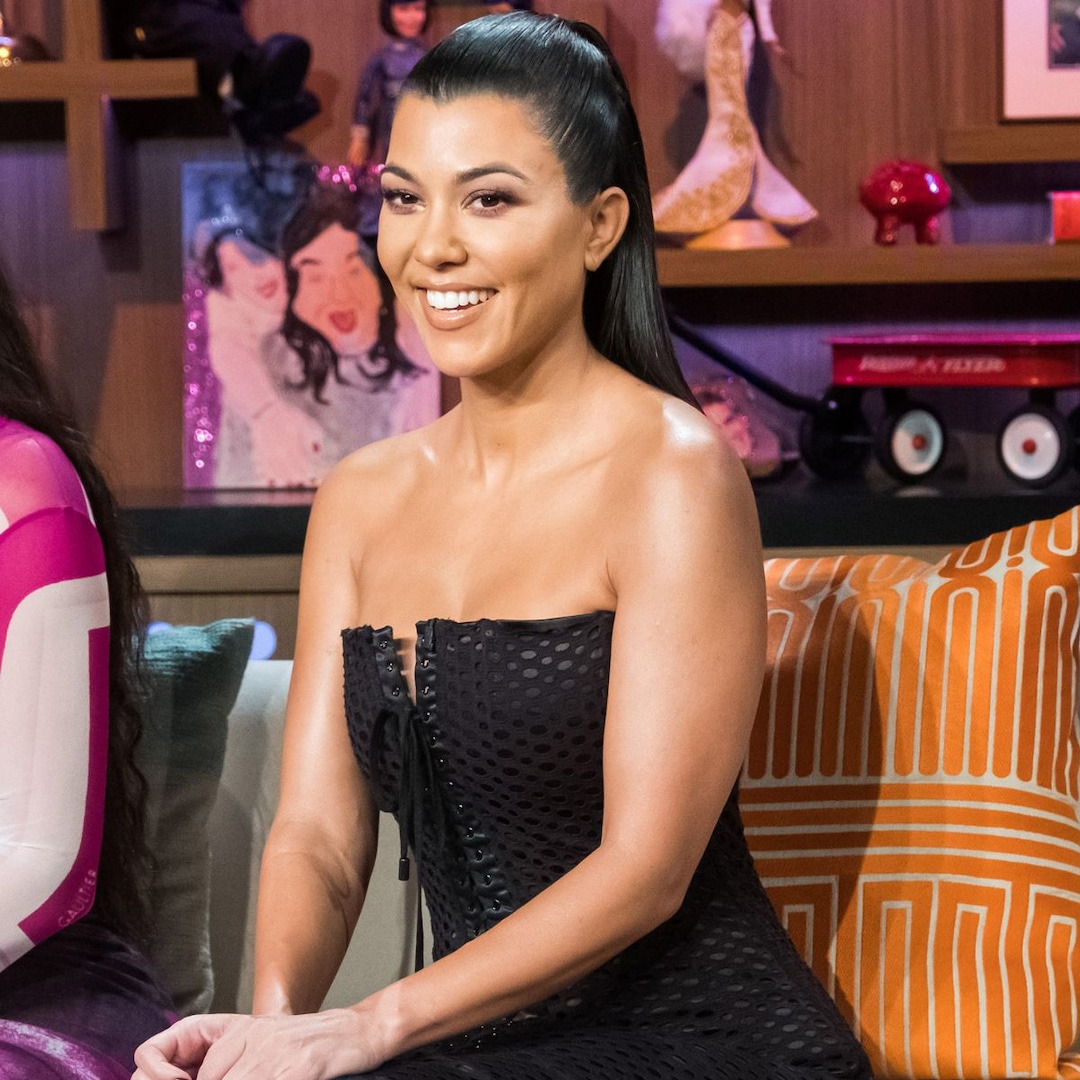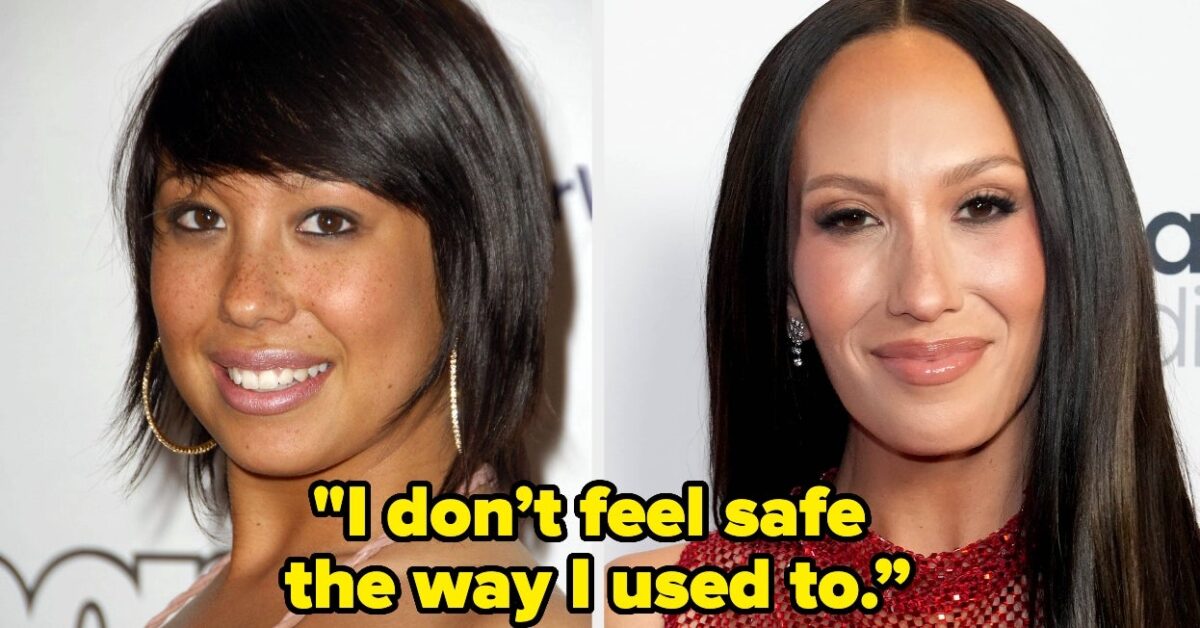
Why Water Buffalo Were Cut from the Film
Jul 5, 2023
Adele Lim has a significant amount of experience working as a producer and writer, including scoring an Annie Award nomination for her work on Raya and the Last Dragon, but Joy Ride marks a pretty big first for her; it’s her directorial debut, and a phenomenal one at that.
The SXSW Audience Award winner stars Ashley Park as Audrey, an Asian American adoptee. When Audrey gets the opportunity to travel to China for a work assignment, a deal that could help her become a partner at her law firm, she opts to bring her free-spirited best friend Lolo (Sherry Cola) with her. Much to Audrey’s surprise, Lolo’s cousin, Deadeye (Sabrina Wu), comes along for the ride as well, and when they get to China, they also meet up with Audrey’s soap star college roommate, Kat played by Academy Award nominee Stephanie Hsu. While Audrey starts the trip laser-focused on work, she soon comes to realize the higher priorities are embracing this unexpected family and also herself.
With Joy Ride making its way into theaters nationwide on July 7th, I got the chance to sit down with Lim to revisit her experience directing her very first feature film. She discussed some vital advice received before getting behind the lens, the value of having highly supportive studio partners in Lionsgate and Point Grey, and detailed her process when figuring out when to apply notes from others and when to trust her own gut. Hear about all of that and more in the video interview at the top of this article, or you can read the conversation in transcript form below.
Image via Lionsgate
Of all of your past writing and producing experience, which particular production do you think set you up for the most success directing your first film?
ADELE LIM: You know, I don’t think it was one particular project, but I will say it’s probably my 17 years as a TV writer-producer having to be on set and deal with the pre-production, production, post-production that most set me up for this. And in addition to that, I wouldn’t be here if it wasn’t [for] the mentorship and allyship of my fellow director friends like Jon Chu, who directed Crazy Rich Asians. I had to put myself through at-home director school for this movie during the pandemic and he would just get on the Zooms with me and coach me through things.
What is the best piece of advice you got from him or somebody else about what it takes to direct a feature film?
LIM: First of all, having complete confidence in your vision and in your sense of story. The most important practical piece of advice was to be in the moment. That, as a writer, you exist in the past and what the movie was, what you’re doing now, what you’re gonna be doing tomorrow. As the director, you want to just be in the moment, be with your actors, are we laughing and crying the way we need to in this scene so that our audience can feel it? That was tremendously helpful.
For another future first-time feature director out there, what advice would you give them? How would you pay it forward?
LIM: I’m just gonna crib off Jon Chu with the path to success, which is to have faith in your vision, and the moment you start trying to make everybody happy or you try to operate from a place of fear, you’re not doing a service to yourself. Just go with it. In success or failure, at least you are telling your story.
Image via Lionsgate
I have so many follow-up questions to that. First, I love hearing about studios and producers who support their director’s voice, and I know you had that here with Lionsgate and Point Grey. What is something about the studio-director relationship that they struck with you that you really appreciated and hope that more directors working with studios on comedies like this can have in the future?
LIM: There are not a lot of female directors in the feature world, and definitely not a lot of female directors of color. So when Point Grey suggested that perhaps I could put myself in that role, first of all, it was their allyship that made me believe that it was even possible, but when I met with Lionsgate they could not have been more supportive and bigger allies to myself personally and to our project. We have a crazy, first-of-its-kind, R-rated, nasty comedy with four Asian American faces at its center, and at some point, we thought surely, surely a grown-up was gonna come in and say, “Listen, missy, we don’t know what you’re trying to do, but you gotta rein it back,” and that never happened. To their credit, they said they understood what we were going for and encouraged us to lean even harder in that direction.
Speaking of believing in your own voice and sticking to it, how do you apply that mentality to things like test screenings and getting notes and suggestions from others? How do you draw the line between knowing when to listen to someone else versus knowing when to trust your gut and say, “Thank you for the suggestion, but no. I’ve got to go with what I believe in?”
LIM: I come from working in television, which is a very collaborative medium, and I think the best writers and creators are people who understand that to be surrounded by a room full of smarter people is exactly the position you want to be in, and being able to listen to all those notes, finding a way to have those notes plus your project and not diminish it, but ultimately, you are the filter for that. You’re the inflection point for your own movie. So being able to take in all of that input, see what helps you and what doesn’t, and sometimes open you up to a different perspective and seeing what’s funny and what’s not, what’s heartbreaking, what’s not.
Can you give me an example of both? A time when someone made a suggestion that opened you up to something new, but then also a time when you had to listen to your own instincts and know that, regardless of suggestions, you were going that route?
LIM: Absolutely. There’s one joke in the movie about Splinter, where the character of Audrey says, “It’s like when I masturbate, I think about Splinter.” I remember seeing that and going like, “This is ridiculous! I don’t know what we’re even doing here.” I thought it was too much, it was crazy, but Josh Fagen at Point Grey fought hard for it. And the great thing about test audiences is that you can test these theories, you can test the jokes, you can test the heartfelt moments, and that joke worked. When something works, you can’t argue with it.
Image via Lionsgate
So how about the opposite now, a time when you felt very strongly about something, and you were gonna stick to it no matter what?
LIM: The story has this stealth through-line of heart, that there’s a point in the story that we’re all feeling for the characters and even crying, and this is right off of laughing at some insanely inappropriate moments. I am working with comedy writers and producers, but I come from a drama background, and especially in a movie like this where it can be so crazy, you want to root it in something real, something authentic, and so I think for all the stories where the characters really resonated with our heart and fighting and making sure that it doesn’t feel like we’re taking away from the comedy, I think we are just helping support the funny storytelling that we’re doing by making sure these characters feel real, that we’re crying for them.
The balance you strike in that respect here is exceptional.
So, I imagine you go into this shoot with a plan, but as happens when making any film, things don’t always go according to plan. Can you give me an example of a day on set when things weren’t going to plan and you had to find a creative way to pivot, and maybe you found some unexpected magic because of it?
LIM: That’s a great question! Some of my favorite moments of the movie are things that were not originally scripted for that point. We originally had some insane big set piece where our characters were crossing a river on a water buffalo. And fun fact, not the easiest thing to pull off. Water buffalo in Canada maybe don’t want to get into the water, maybe there are fleas, maybe it’s not a good idea to put your brilliant, talented cast into a river in the fall in Canada. So we scrapped that, thank goodness, and instead, we always had the K-pop element, but at that point we decided to make that element a bigger set piece than it was, and I am so excited that we did. That really is one of the high points of the movie.
No disrespect to water buffalo, but the K-pop stuff deserved all the time in the spotlight it got.
Publisher: Source link
These 7 MAGA Celebrities Responded To Joe Biden's Diagnosis, And They're All Over The Place
I'm surprised we haven't heard from Roseanne yet.View Entire Post › Disclaimer: This story is auto-aggregated by a computer program and has not been created or edited by filmibee.Publisher: Source link
May 23, 2025
Kourtney Kardashian’s Thoughts on the School System
Travis Barker Shares Rare Pic of His and Kourtney Kardashian’s Son Rocky on Mother’s DayKourtney Kardashian is keeping up with her own curriculum. The Poosh founder, 46, shared her unconventional thoughts on the education system, including how she’s open to…
May 23, 2025
Cheryl Burke Responded To Speculation About Her "New Face"
“The assumptions are just exhausting as hell.”View Entire Post › Disclaimer: This story is auto-aggregated by a computer program and has not been created or edited by filmibee.Publisher: Source link
May 22, 2025
Summer House Season 9 Reunion Trailer Teases Big Breakup
Paige DeSorbo Says She’s “So Thankful” Lindsay Hubbard is Pregnant While Filming Summer HouseIt sounds like Summer House might have a newly single star among its cast. Lindsay Hubbard teases that she might no longer be dating boyfriend Turner Kufe—with…
May 22, 2025
